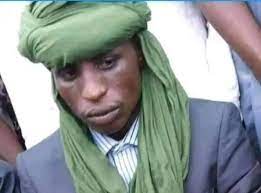By Ikechukwu Amaechi
On Saturday, November 18, 2017, the good people of Anambra will elect the person who will govern the state for the next four years.
All eyes will be on the state not only because this is a standalone election but also because of the antecedents of the political gladiators. General elections are more than a year away from now. The reason why this governorship election is holding on Saturday rather than the first quarter of 2019 is ensconced in the womb of Anambra politics.
For those who may have forgotten, in 2003, the then ruling Peoples Democratic Party (PDP) and political godfathers with former President Olusegun Obasanjo as their patron saint orchestrated an unprecedented electoral heist that denied Peter Obi, who ran on the platform of the Chekwas Okorie-led All Progressives Grand Alliance (APGA), victory. Dr. Chris Ngige, the PDP candidate, was handed the political diadem.
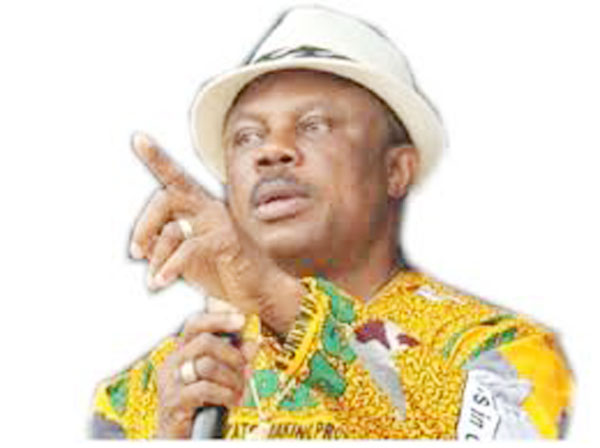
It was a brazen affront on the inalienable right of the people to elect their leaders.
It took Obi’s doggedness, the schism in the relationship between Ngige and his godfathers and a steadfast judiciary to restore Obi’s mandate. But it took almost three years to achieve that victory. Ngige was sacked by the Court of Appeal on March 15, 2006 and Obi was sworn in two days later on March 17.
It equally took a resolute Supreme Court in its definitive and historic judgement on June 14, 2007, which cut short the 16-day regime of Senator Andy Uba, to give Obi his full four-year tenure.
Justice Iorgyer Katsina-Alu, who delivered the lead judgment, held that section 180 (2) (a) of the 1999 Constitution on which Obi anchored his case for the extension of his tenure of office provided that he shall vacate office at the expiration of a period of four years commencing from when he took the oath of office.
That is the history of staggered elections in this dispensation.
What is most interesting today is that almost all the dramatis personae in the 2003 saga are once again in the trenches, squaring up against each other, some by proxy.

Governor Willy Obiano is flying APGA’s flag. Okorie, who was forced out of APGA in the heat of the political brouhaha, is also in the fray with his new political party, the United Progressives Party (UPP), with Osita Chidoka, former Aviation Minister, as its candidate.
Ironically, Obi has joined the same PDP that was his political nemesis, having quit APGA after his eight years in office. Today, he is not only PDP’s doppelganger in Anambra, discerning political observers see Saturday’s election as a proxy war between him and his successor, Obiano. Oseloka Obaze, the PDP candidate, who interestingly served as Secretary to the State Government (SSG) in both Obi and Obiano’s administrations is perceived in some quarters more as a pawn in the Anambra political chessboard.
To complete the circus, Ngige, who made the unenviable history as the first and only sitting governor in Nigeria to be kidnapped has joined forces, as the APC leader in the state, with the same malevolent characters that became his nemesis. In fact, Tony Nwoye, his party’s candidate is believed to be the enforcer of the group that made his stint in government house a nightmare.
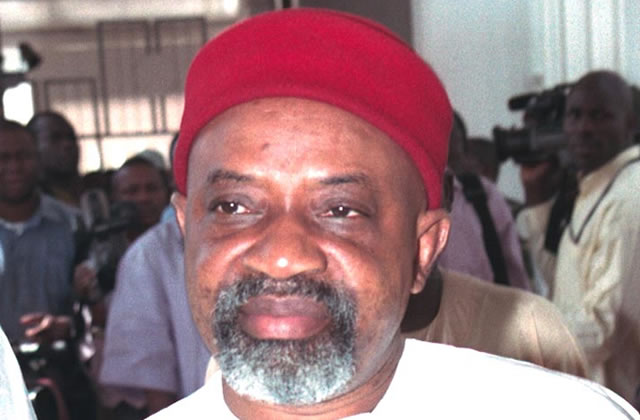
But as they say in politics, there are neither permanent enemies nor friends, only interests. The dramatic realignment of these political forces should teach the electorate a lesson on how not to fight other people’s political turf wars.
So, even at the best of times, elections in Nigeria are sticky. It is even more so in Anambra. To make matters worse, politically, this cannot by any stretch of the imagination, be Nigeria’s honeymoon.
Politics in Nigeria is a zero-sum game. The stakes are always sky-high, with contending elephantine egos. The November 18, election is not different.
If you throw the dice of the Indigenous Peoples of Biafra’s (IPOB) threat of “vote and die” into the mix, the picture of a combustible exercise pops up.
But it shouldn’t be so. Yes, election is a serious affair because contestations for power brew tension.
But at the end of the day, it all boils down to the exercise of civic duties. What will make the difference will be what the Independent National Electoral Commission (INEC) and security agencies do to enhance the fairness of the exercise. Here, perception is key. The success or failure of the election will largely depend on INEC’s performance.
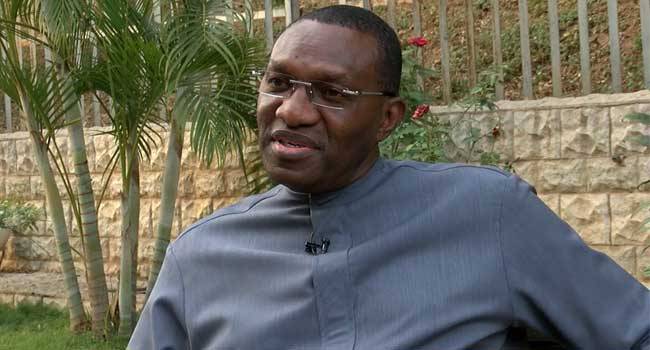
Anambra deserves better than being the yardstick for measuring bad political behaviour. The state is one of the most vibrant politically, socially and economically in the country. It boasts of some of the most intellectually accomplished Nigerians. And the people deserve a visionary leader, a creative thinker, who will sustain the momentum of development. On this leadership trajectory, the incumbent, Obiano, is hitting the bull’s eye unlike some of the candidates with quixotic governance templates. Many Anambrarians are today ululating because they can sleep at night with eyes closed because of the level of security provided by the Obiano administration.
If the people are ready and the candidates have crisscrossed all the nooks and crannies of the state canvassing for votes, the INEC and security forces must also deliver on their own mandates.
Will they? Time will tell.
But, there are fears that the ruling APC might use the federal might just as the PDP did in 2003 to influence the outcome of the poll. That will be a recipe for crisis.
Anambra governorship is not a trophy that must be captured to assuage the feelings of those who insist the southeast must join Nigeria’s pugnacious mainstream politics.
Opposition politics is not a taboo in a democracy. In any case, didn’t southeast play mainstream politics in the 16 years that the PDP held sway? What did it benefit the region?
To create a conducive environment for free and fair poll, the proposed visit of President Muhammadu Buhari to Anambra should be called off until after the election. At this late hour and given the prevailing political circumstance, such visit is belated and ill-advised. People have already decided who will get their vote. Buhari’s visit now cannot change that. It will only raise political temperature.
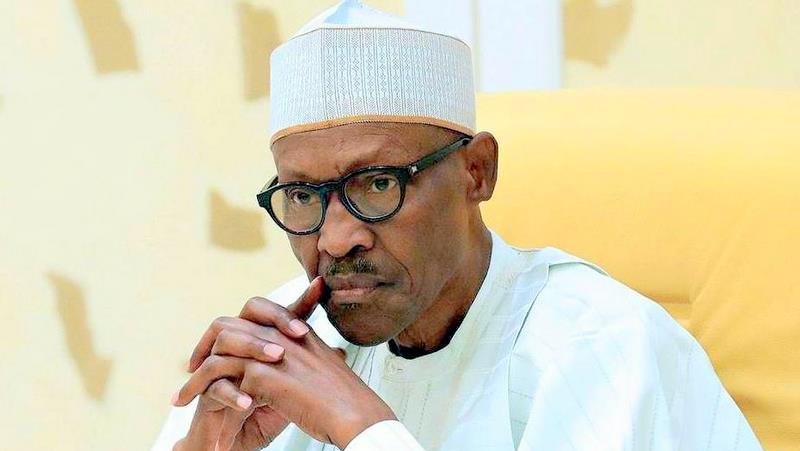
IPOB’s threat to disrupt the poll is also counter-productive. If they dare, it will only lead to more avoidable deaths. It can neither stop the poll nor delegitimize the result.
I have always canvassed against the militarization of our electoral process. This poll is not an exception. On September 13, the Inspector General of Police, Ibrahim Idris, said a total 21,084 policemen will be deployed for the election. 17,320 of them will be stationed within the 4,330 polling units in the state, 1,280 will be deployed in 320 polling centres, and 2,484 will patrol 414 major streets in the state throughout the election period. Three helicopters, gunboats and additional Police Mobile Force Units will be deployed in the southeast.
Such massive deployment will only make sense if it is in furtherance of the poll’s integrity. But if, as we have seen in the past, it is to protect vested interests in their nefarious activities and intimidate law abiding citizens, then the purpose will be defeated.
INEC must be transparent and fair to all. Anambrarians are ready and the candidates have done their bit. Party agents must be accorded their statutory rights at the polling booths and collation centres.
To manipulate the results and cajole aggrieved parties to go to court is a no-brainer. Conducting free, fair, credible elections is not rocket science. Even if it is, we are not re-inventing the wheels. Therefore, free, fair, credible poll is the irreducible minimum expected on Saturday.






